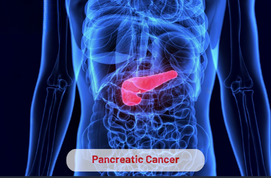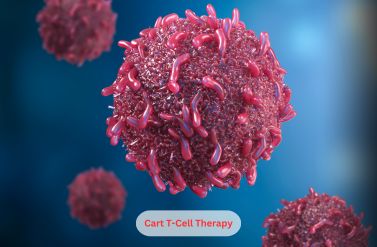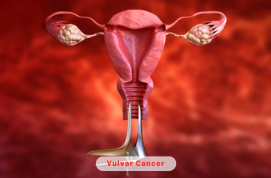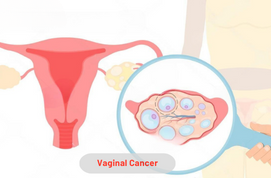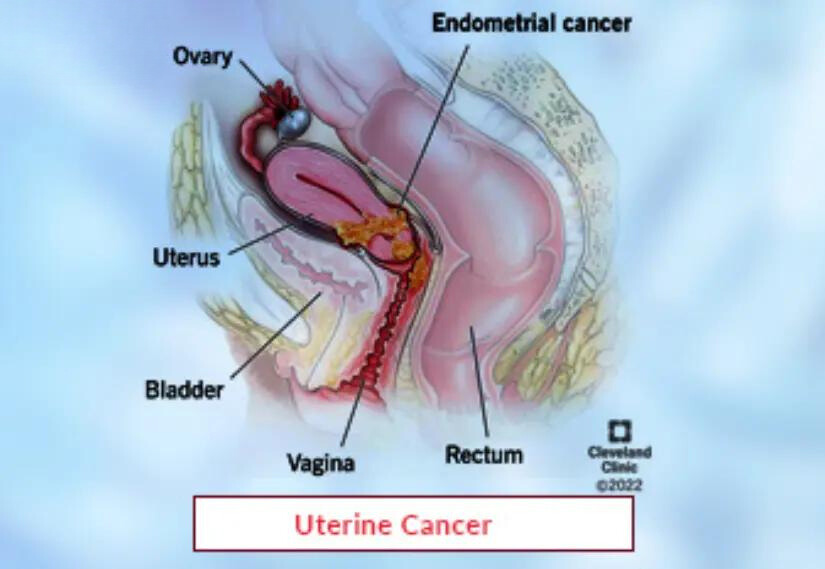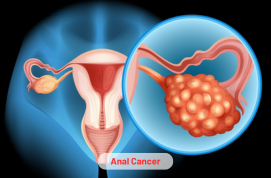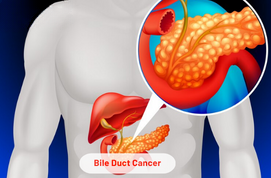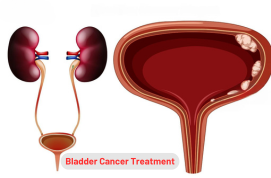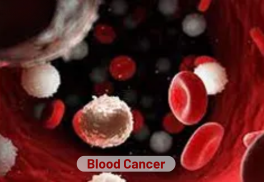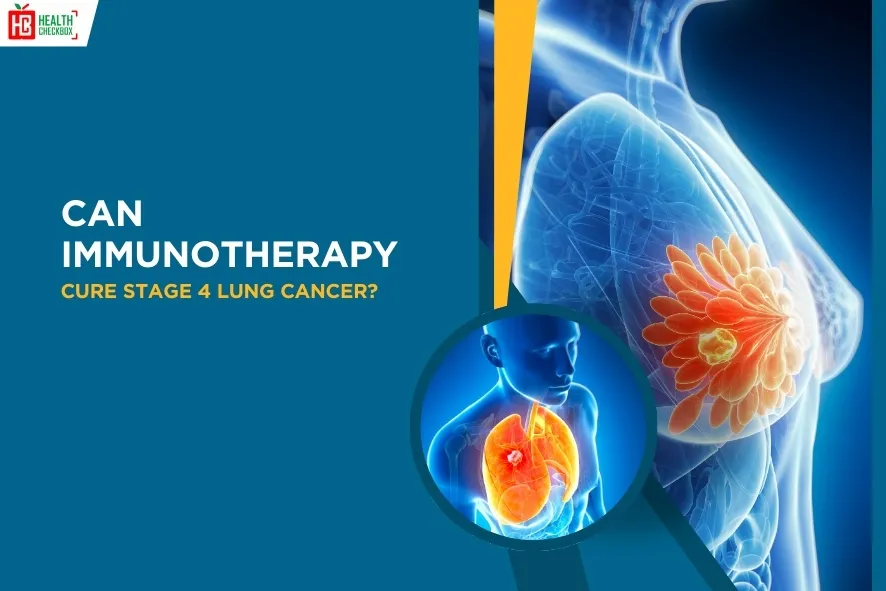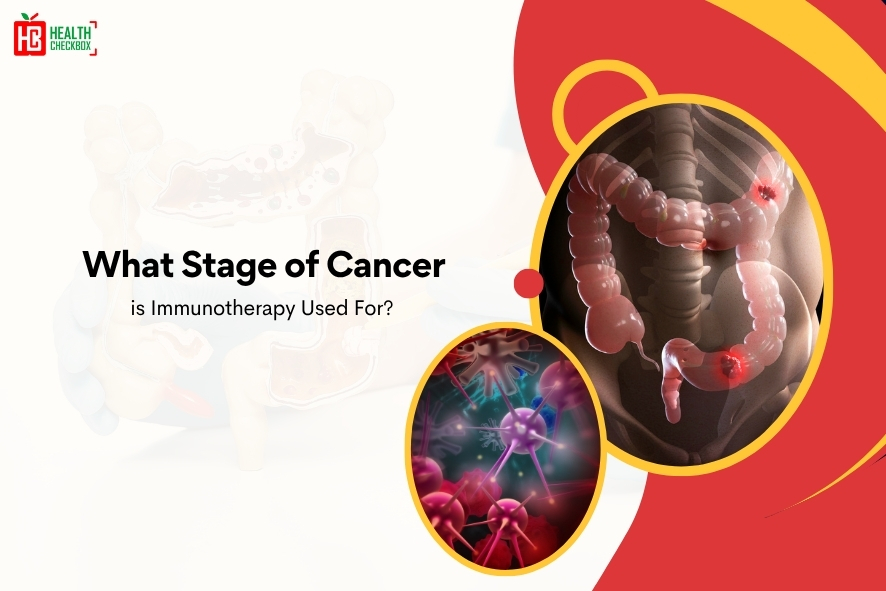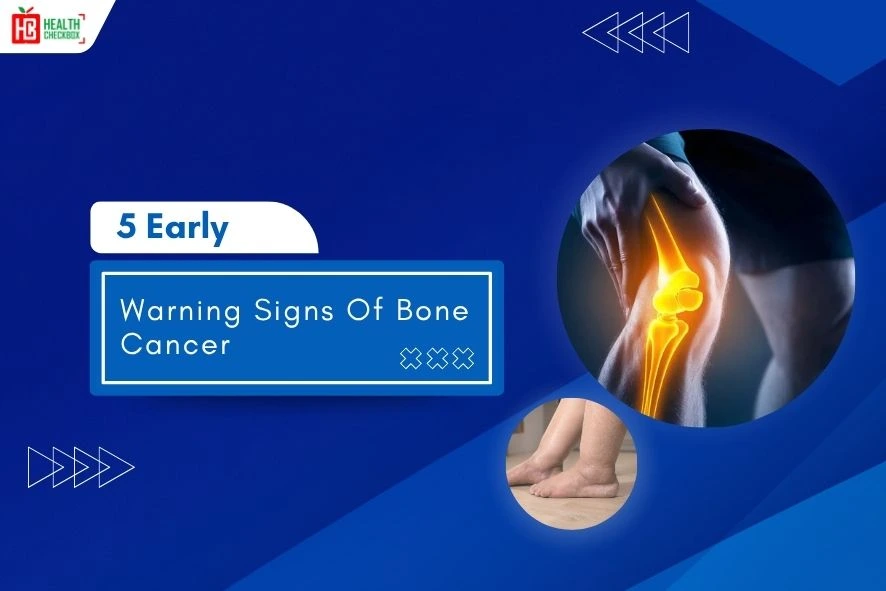Abnormal growth of cells in the pancreas is known as pancreatic cancer. It develops in a pancreatic gland, which is present in the stomach. The pancreas plays an important role in the body, which breaks down the food in the form of energy, so the body can absorb it. More than 500,000 people are dealing with this cancer, and they are also seeking an effective pancreatic cancer treatment.
This gland is situated in the lower abdomen and controls the level of sugar in the blood. It is due to the mutation in this gland, which turns normal cells into cancerous cells in the body. Pancreatic adenocarcinoma is considered the 12th most common type of cancer in the world. Its treatment depends on various factors, so before starting the treatment, individuals should know about its type, signs, symptoms, and diagnosis.
Types of Pancreatic Cancer
There are several pancreatic cancer types, more than 90% of all diagnoses are for adenocarcinoma of the pancreas. Pancreatic cancer types are divided into two larger categories: one is exocrine pancreatic cancer, and the second is neuroendocrine pancreatic cancer. Each category has several cancer types that may vary in their symptoms and prognosis.
- Exocrine Tumor: When exocrine cells grow fast in an uncontrollable manner, then, it causes exocrine pancreatic cancer. This cell produces digestive enzymes. In the research, it is found that it is a common type, and 95% of pancreatic cancers are exocrine tumors.
- Neuroendocrine Tumor: It is not a very common type of tumor. It affects glucose producing hormone, which is known as the islet cells that control the level of blood sugar.
Symptoms Of Pancreatic Cancer
There are some symptoms that can be experienced by a person that cannot be detected in the early stage.
- Unexpected weight loss
- Abdominal pain
- Itching
- Digestive problems, like light-colored stools
- Painful swelling in the legs and arms
- Yellowing of the skin
- Fatigue
- Dark colored urine
Risk Factors that Cause Pancreatic Cancer
The reason for pancreatic cancer is not fully known yet. However, there are many factors that can pose threat to cause this type of cancer in persons, which are as follows:
- Type 2 diabetes
- Smoking
- A particular type of food, like processed meat
- Excessive use of alcohol
- Harmful effects of radiation and chemicals
- Adults who are above 60 years old
- Excessive body fat
- Swelling of the pancreas
- Poor diet and lifestyle
- Genetic factors like hereditary pancreatitis and family history
Pancreatic Cancer Treatment and Diagnostic Tests
It is possible to detect this cancer, but not in an early stage, because it does not show any symptoms until it reaches its advanced stage. However, there are some tests that are advised for a patient.
- Biopsy
- MRI
- Genetic testing
- Endoscopic Ultrasound
- CT Scan
- Blood test
- Positron Emission Tomography Scan
- Biomarker testing
It can be treated after running some diagnostic tests, and it is also important to know its severity by identifying its stage. There are the following stages in this type of tumor, which are mentioned below:
- Stage I: At this stage, it affects only the lining of the pancreas.
- Stage II: Now it starts to spread to nearby structures like the bile ducts, except the lymph.
- Stage III: In this stage, it reaches to the sites of the lymph nodes.
- Stage IV: It is a more advanced stage in which cancer can infect other organs of the body, such as the liver, abdomen, and lungs.
Treatment Options
There are various types of treatment available that will help individuals to overcome the symptoms of pancreatic cancer. This can improve their quality of life.
- Surgery: This can be considered as an option if this cancer is detected in an early stage. It is because other organs are not affected, so cancerous cells from pancreas can be taken out through surgery. This operation will remove its nearby blood vessels, body & tail, and its head.
- Chemotherapy: Chemotherapy treatment as suggested by the oncologists before or after surgery. Chemotherapy involves heavy medication like Gemcitabine, Irinotecan, Oxaliplatin, etc. This type of medicine can be given orally or intravenously. This leads to the death of cancerous cells inside the pancreas and prevents them from spreading to other parts of the body.
- Radiation Therapy: In this treatment, a high-energy form of radiation is used to remove cancer cells, which includes Proton, X-rays, etc. It can be used before or after surgery, and it can even be combined with chemotherapy.
- Chemoradiation Therapy: When operation is not possible, then combination of chemotherapy and radiation therapy may be considered as first-line treatment.
- Targeted Therapy: A particular type of drug is used to target only cancer cells without harming healthy cells in the body.
- Immunotherapy: Cancer attacks on a person’s weak immune system, so the immunotherapy helps to prepare the immune system to fight against cancer in the pancreas.
- Palliative Care: A specialized medical team helps cancer patients cope with this life-threatening disease. They help in many ways, like reducing its complications and minimizing its symptoms. All this effort of these experts will help to improve an individual’s quality of life.
Latest Health Tips
Can Immunotherapy Cure Stage 4 Lung Cancer?
Early Signs of Cervical Cancer
Foods that Kill Cancer: Leafy Vegetables, Grains, & More
What Stage of Cancer is Immunotherapy Used For?
Which is Worse for Cancer, Sugar or Alcohol?
Vaccines That Prevent Cancer
What Kills Cancer Cells in the Body Naturally?
Early Warning Signs of Bone Cancer
Submit Your Enquiry
Testimonials








